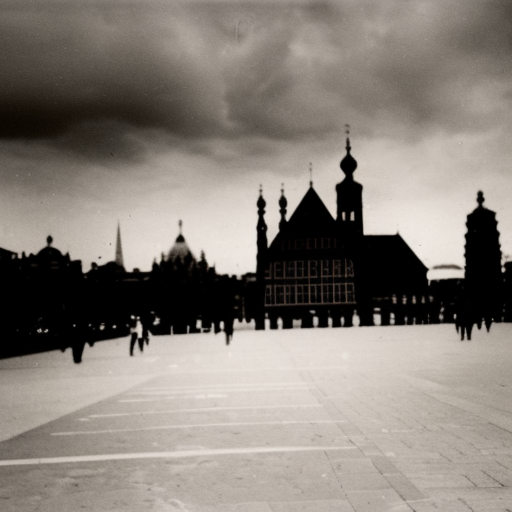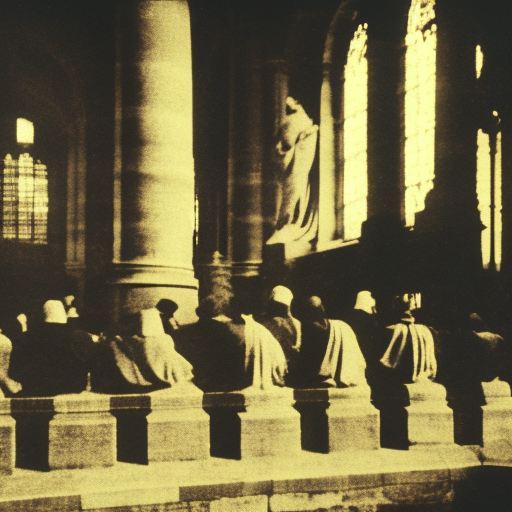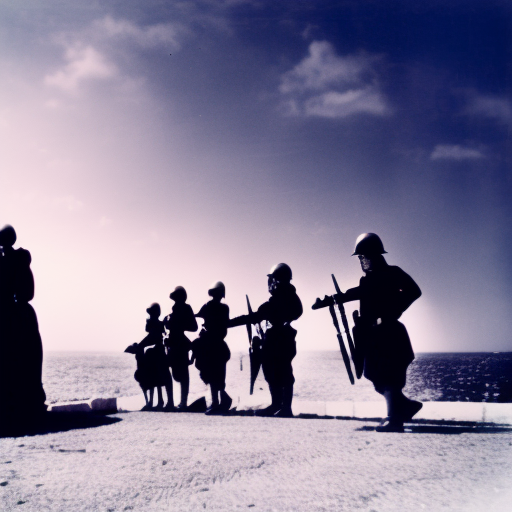The Reconquista of Spain (711-1492)
The Reconquista of Spain refers to the centuries-long struggle by Christian kingdoms to retake the Iberian Peninsula from Muslim rule. It began in 711 when Muslim forces, led by Tariq ibn Ziyad, crossed the Strait of Gibraltar and defeated the Visigothic kingdom. Over the next several centuries, Christian kingdoms gradually pushed back against Muslim control, culminating in the fall of Granada in 1492.
The Muslim Conquest
In 711, the Umayyad Caliphate sent an army under the command of Tariq ibn Ziyad to conquer the Visigothic kingdom in Spain. The Muslim forces quickly defeated the Visigoths and established the Umayyad Emirate of Cordoba. The Muslim rulers brought with them a rich Islamic culture and advanced knowledge in science, mathematics, and philosophy, which had a profound influence on the Iberian Peninsula.
The Christian Resistance
The Christian kingdoms in the north of Spain, such as Asturias, Leon, and Navarre, resisted Muslim rule and began the process of reconquering their lands. The Kingdom of Asturias, under the leadership of King Pelayo, successfully resisted Muslim expansion and laid the foundation for the Christian resistance.
The Rise of the Kingdoms
In the 9th and 10th centuries, the Christian kingdoms began to expand their territories and consolidate their power. The Kingdom of Leon, under King Alfonso III, pushed the Muslim forces southward and established the County of Castile. The Kingdom of Navarre also expanded its borders, while the Kingdom of Aragon emerged as a powerful force in the northeast.
The Crusades and the Almoravids
In the 11th century, the Reconquista gained momentum with the support of the Catholic Church and the participation of European knights in the form of the Crusades. The First Crusade in 1095 brought a surge of Christian warriors to the Iberian Peninsula, aiding the Christian kingdoms in their fight against the Muslims.
However, the Reconquista faced a setback in the 12th century with the arrival of the Almoravids, a Berber Muslim dynasty from North Africa. The Almoravids successfully repelled the Christian forces and regained control over much of Al-Andalus.
The Fall of the Almoravids and the Rise of the Almohads
In the late 12th century, the Almoravid dynasty weakened, and the Almohads, another Berber Muslim dynasty, rose to power. The Almohads expanded their territories and posed a significant threat to the Christian kingdoms. However, the Christian kingdoms, particularly Castile, managed to repel the Almohad forces and regain lost territories.
The Final Push: The Kingdom of Castile and the Fall of Granada
In the late 15th century, the Kingdom of Castile, under the joint rule of Queen Isabella I and King Ferdinand II, launched a final push to complete the Reconquista. They sought to unite all Christian territories under their rule and eliminate Muslim control in the Iberian Peninsula.
After a long and bloody campaign, the Christian forces captured the city of Granada, the last Muslim stronghold in Spain, in 1492. This marked the end of the Reconquista and the beginning of a new era for Spain.
Legacy
The Reconquista had a profound impact on the history and culture of Spain. It led to the establishment of a unified Christian kingdom and laid the foundations for the Spanish Empire. The Christian kingdoms absorbed much of the Islamic culture and knowledge, contributing to the Renaissance and the Age of Discovery.
The Reconquista also had lasting consequences for the Muslim population of Spain. Many Muslims were forced to convert to Christianity or leave the country, while others faced persecution and discrimination. The expulsion of Muslims and Jews from Spain in 1492 had a significant impact on the demographics and cultural diversity of the region.
In conclusion, the Reconquista of Spain was a centuries-long struggle by Christian kingdoms to retake the Iberian Peninsula from Muslim rule. It began in 711 with the Muslim conquest and ended in 1492 with the fall of Granada. The Reconquista shaped the history and culture of Spain and had lasting consequences for both Christians and Muslims in the region.












